by Curlan Campbell
- 263 Leatherback turtle nesting activities recorded
- Low nesting numbers recorded elsewhere in region
- Grenada only country in region permitting legal sale of Hawksbill turtle shells
According to a team of researchers led by Ocean Spirits, Grenada has experienced its slowest Leatherback turtle nesting season on record since 2002.
“Just 263 leatherback turtle nesting activities were recorded compared to the peak year in 2014 of over 1,500 nesting activities! This equated to just 63 individual female Leatherbacks visiting Levera beach in 2022 compared to the 260 individuals in 2014,” said Kate Charles, Marine Biologist and Project Coordinator at Ocean Spirits.
Charles indicated that the low Leatherback nesting numbers recorded in Grenada have also been recorded in other countries in the region known to have large nesting populations, with countries like Trinidad and Tobago, Suriname, Guyana, and French Guiana also reporting similar declines. Declines are attributed to illegal egg harvest, long-line fishing, bycatch, and entanglement. In addition to the loss of nesting beaches because of coastal erosion and development.
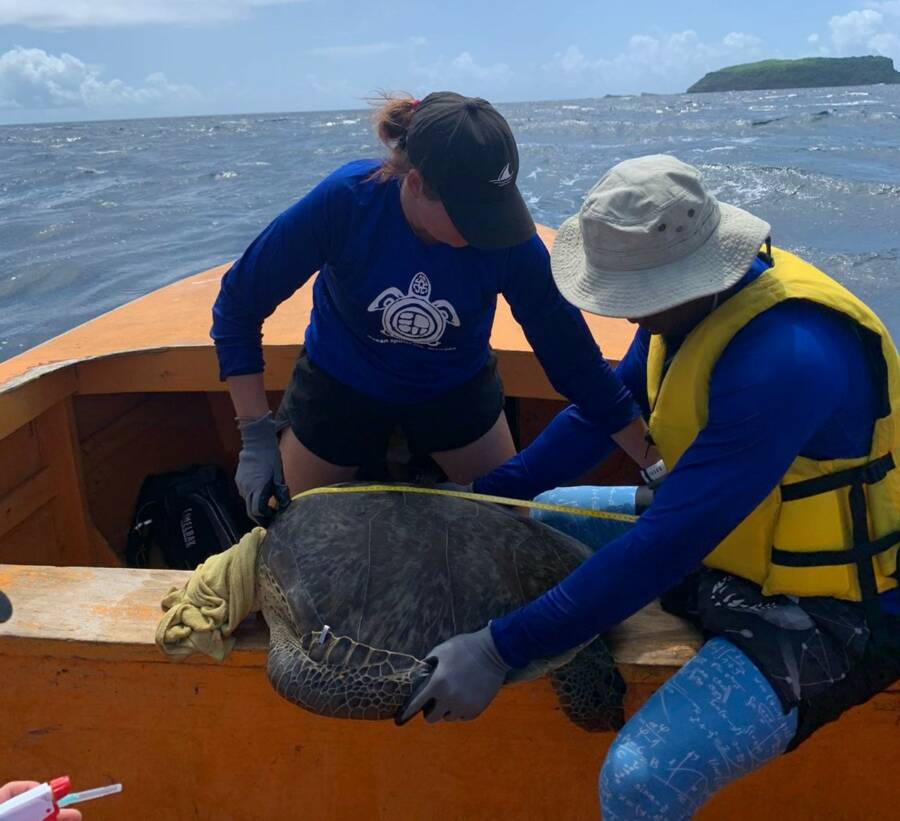
Another significant finding recorded by Ocean Spirits was that climate change and global warming are impacting turtle nesting habitats. “Nests take 55-75 days to incubate depending on the weather conditions and the sex of hatchlings is determined by the nest temperature. Hotter nests will produce females, and cooler nests will produce males. However, with climate change and global warming, beach temperatures are rising, nests are threatened with becoming 100% feminised, along with nests becoming too hot and eggs cooking.”
Hawksbill turtles are listed as critically endangered and Green turtles as endangered on the International Union for Conservation of Nature (IUCN) Red List. In Grenada, their greatest threat is the open hunting season, which is the longest in the region — 7 months. Turtles are transboundary; therefore countries in the region that provide laws to protect their turtles are still sadly losing their conservation battle as these turtles may be slaughtered during the open season here in Grenada.
Other areas of concern for Ocean Spirits is that Grenada is the only country in the region, and 1 of only 4 in the world that permits the legal sale of critically endangered Hawksbill turtle shells in the form of crafts, which poses further threats to turtles. This practice is deemed illegal under CITES regulations and can result in tourists visiting Grenada at risk of facing heavy fines if they are found to have turtle shells in their possession in their respective home countries.
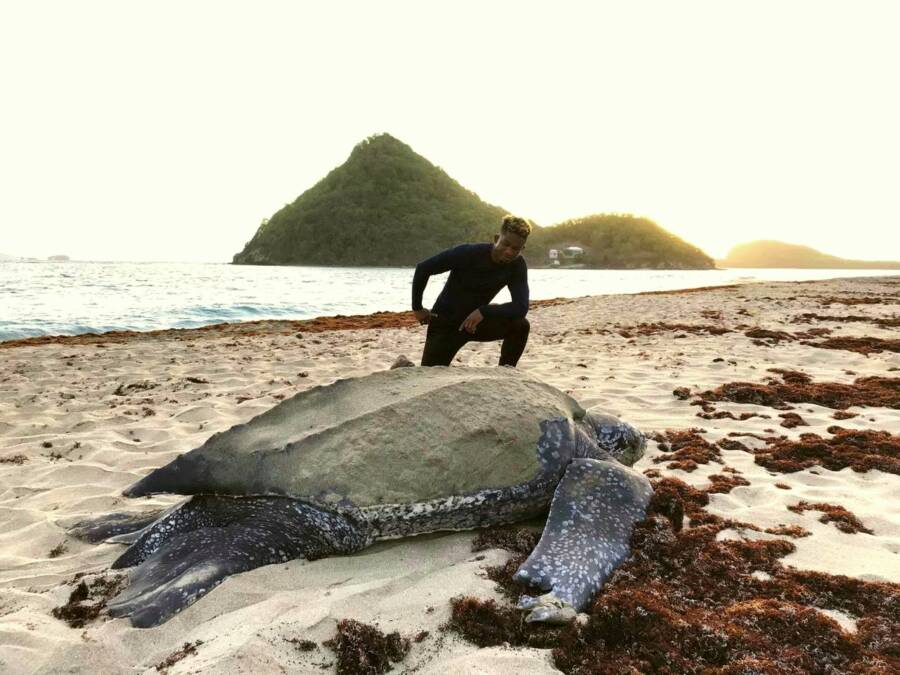
This year, the Ocean Spirits team spent 11 boat days around Grenada’s remote northern islands with local freedivers hand-capturing turtles. Over the 11 days, 68 turtles were hand captured (18 Hawksbills and 50 Green), ranging from small new recruits to mature adults, with more turtles sighted around known foraging sites. Each turtle was fitted with identification flipper tags, shell measurements were taken to study growth rates, and blood samples were collected for genetic studies with other health checks conducted by sea turtle veterinarian Dr Kenrith Carter before releasing them back into the ocean. Four weeks were spent monitoring Hawksbill nesting populations on remote sites and providing protection for emerging Hawksbill turtles from illegal harvest. Each turtle encountered was tagged, measured and samples harvested.
In addition, Ocean Spirits partnered with the USVI Turtle Research Team funded by The Hawksbill Project to visit Carriacou and surrounding islands for the first time in October to create baseline foraging Hawksbill and Green turtle data. They collected data from 17 hand-captured turtles and observed 64 turtles foraging outside of the known nesting seasons over the 10-day study.
Ocean Spirits hope to have a dialogue with Grenada’s new administration to protect critically endangered Hawksbill turtles who are transboundary and are nesting all year round in Grenada. All turtle sightings can be reported to the Grenada Sea Turtle Hotline 534-4324.
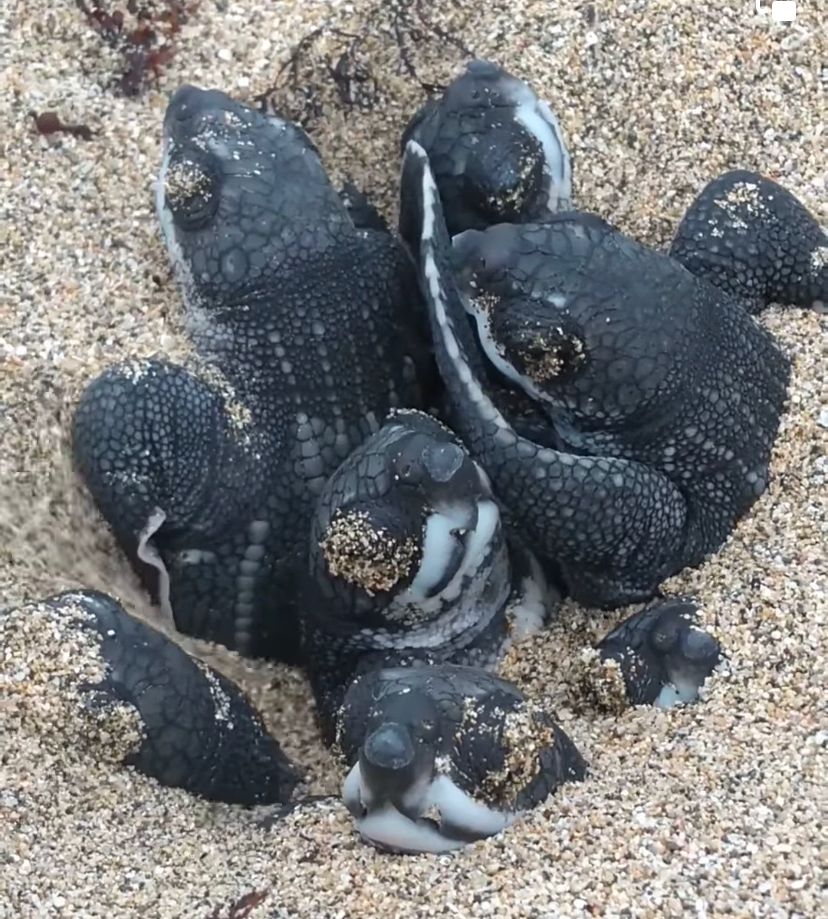

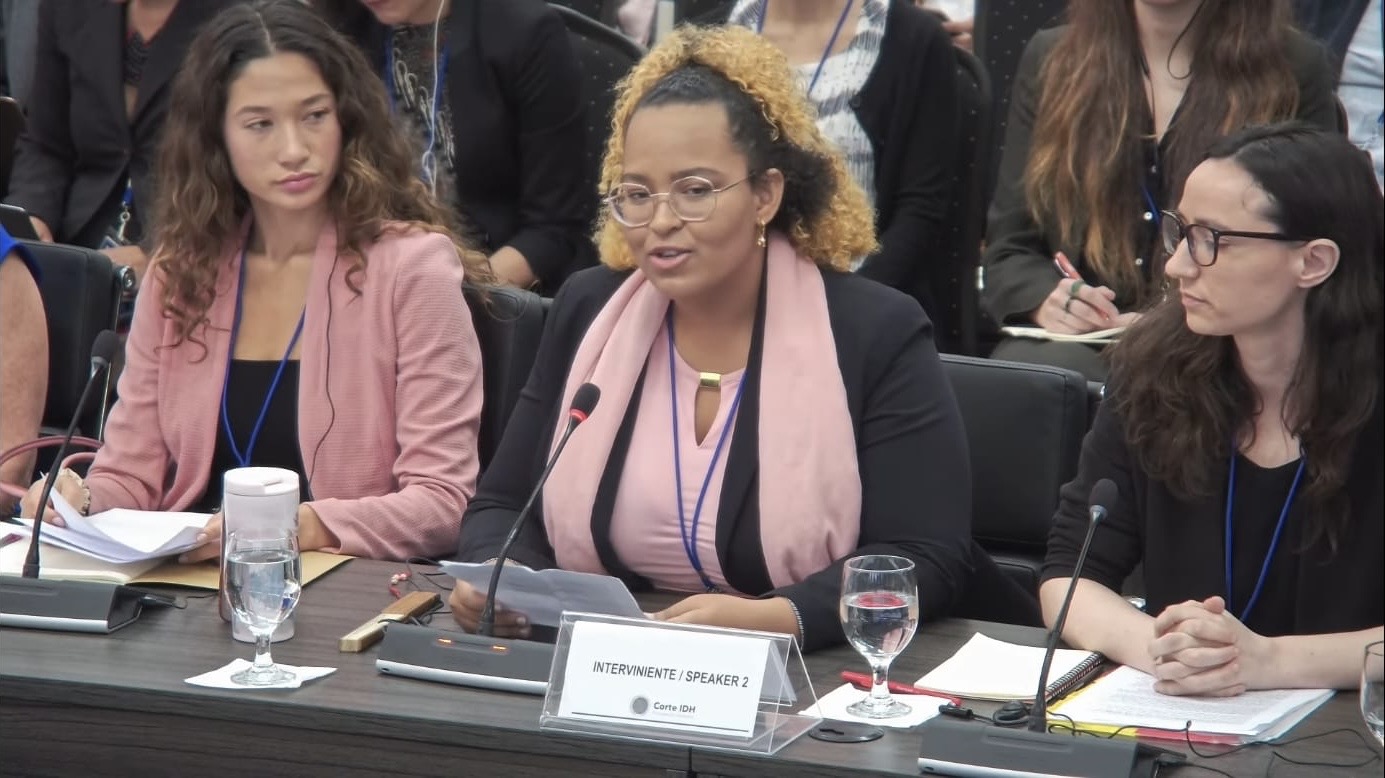





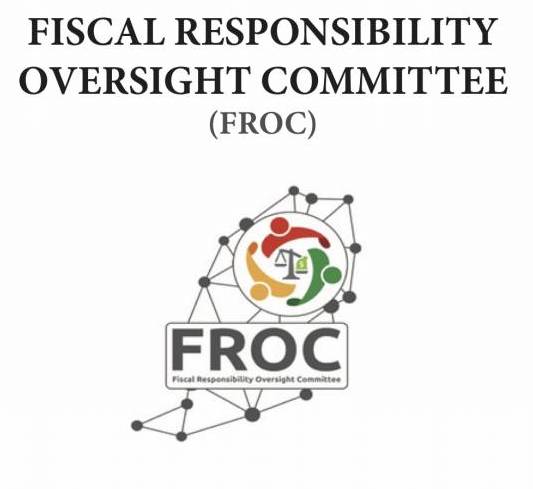

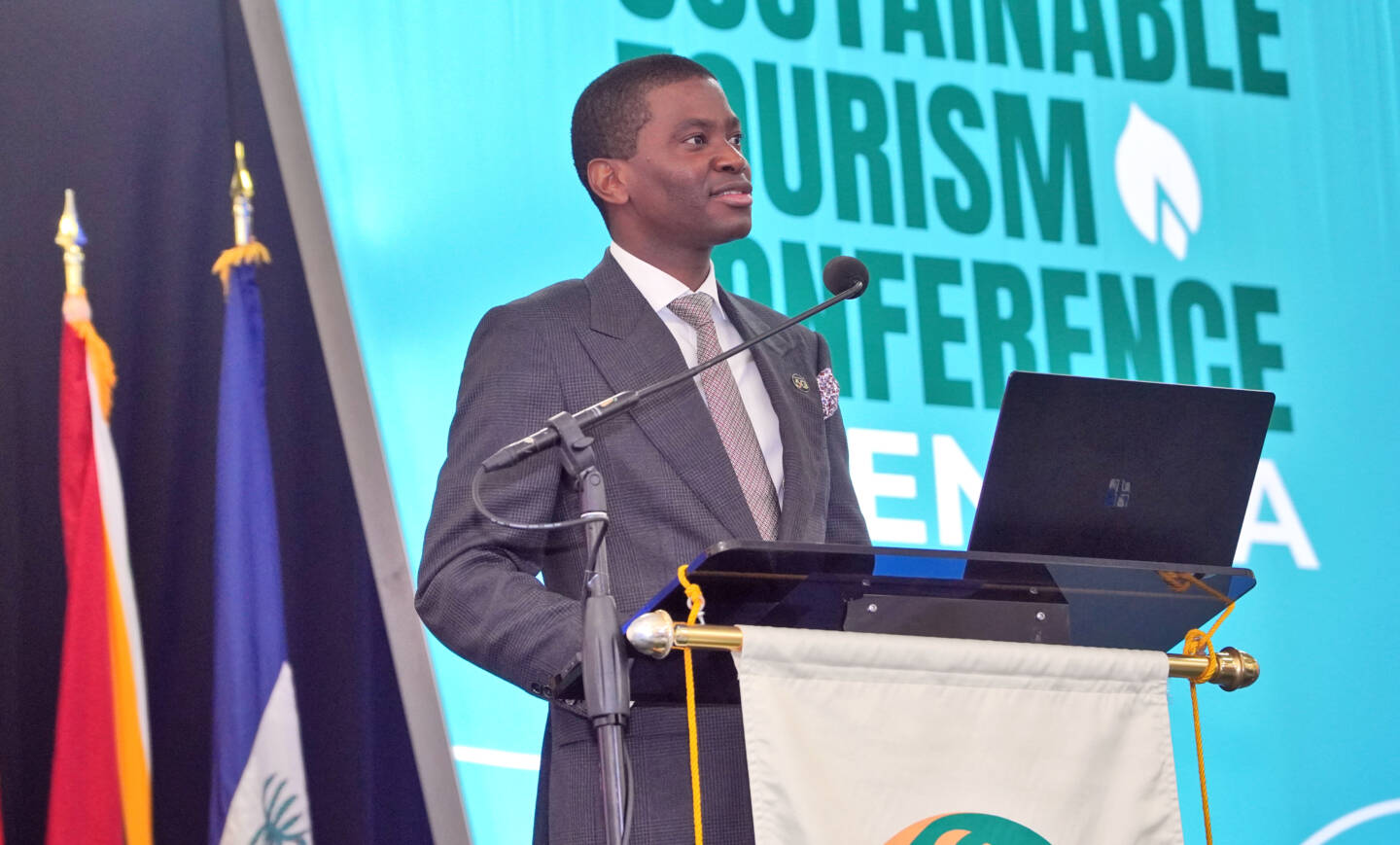





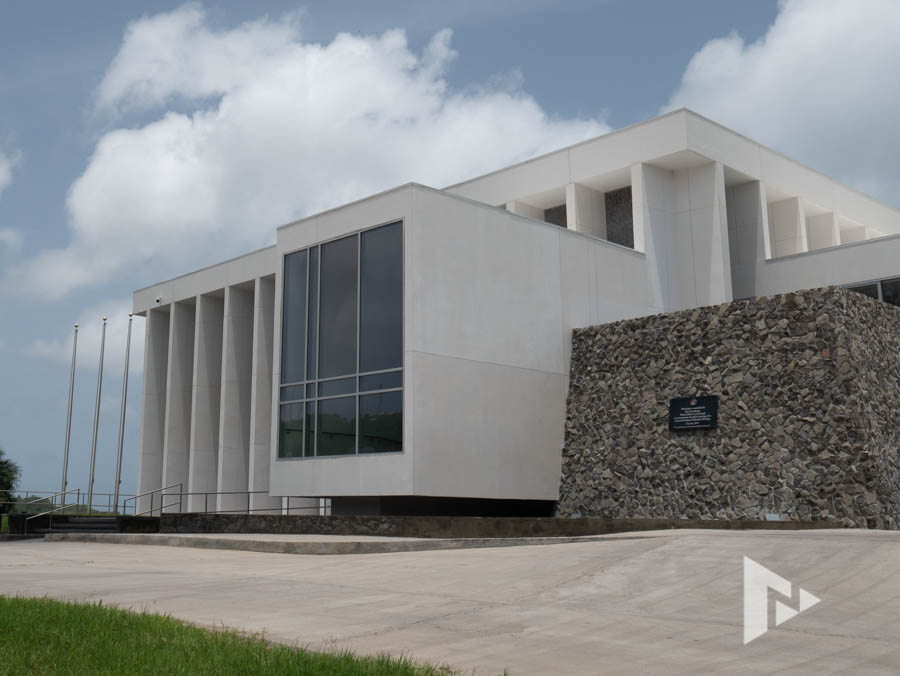



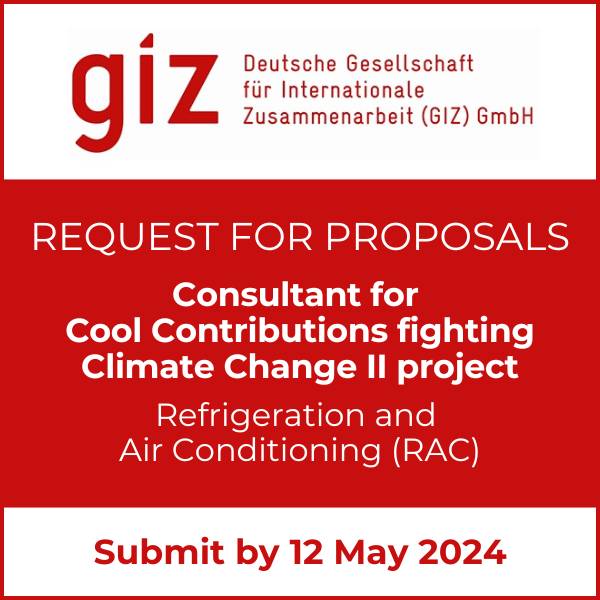

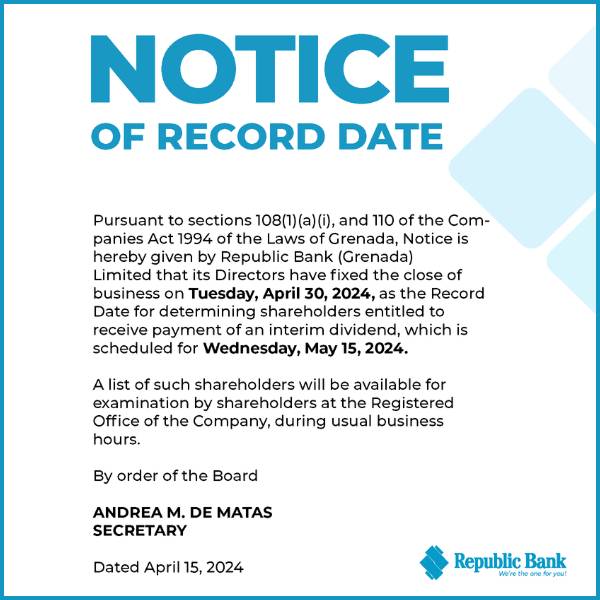


Ocean Spirits only care about Levera site. During 2020 covid lockdown Leatherback turtles nested on other beaches but zocean Spirits declined to do anything to protect the nests.
So that’s why you did the task in stead?
Or otherwise your comment would be very cynical or even hypocrite.
I believe in the good of men therefore thank you.